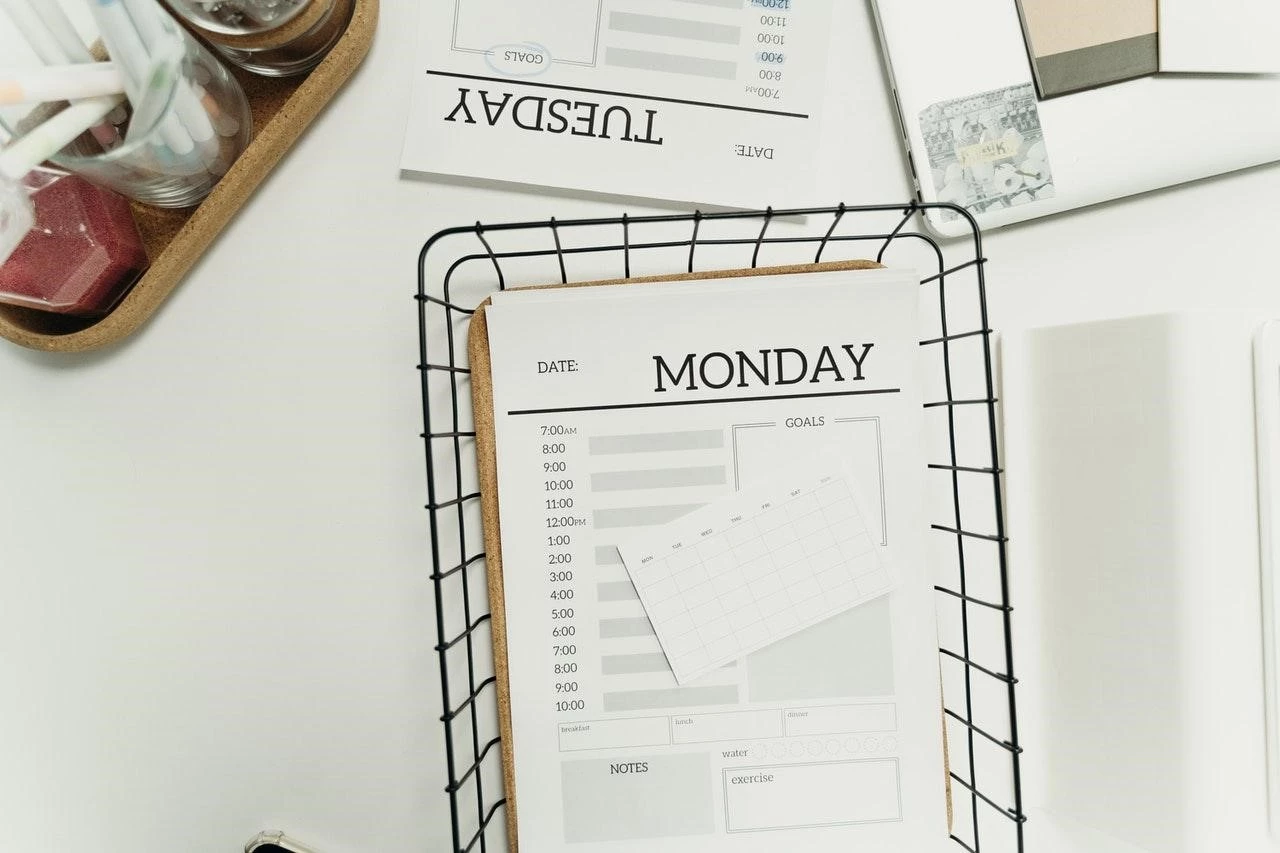 RKIO
×
RKIO
×
Alina Z. | Jul 22, 2022
Maintaining a work and life balance is the toughest part of working remotely.
Many people globally are choosing remote work where they can due to its numerous benefits. Remote workers enjoy increased productivity because they aren't tied down to an office. Instead, they're free to choose the best time and place for them to get work done. Flexibility allows them to adapt to changing conditions while still meeting deadlines.
However, this freedom can become the greatest challenge for hourly jobs workers if they don't know how to manage their time and maintain a balance between their jobs and personal life.
With that said, it isn't impossible to enjoy your work and your life to the fullest. In fact, a Stanford study found that 22% of employees showed better performance working remotely.
So keep on reading our comprehensive guide on maintaining work and life balance to make the most of your remote work!
Work and life balance refer to how well you manage your time. If you have a good balance, then you aren't overworking yourself, and you can still spend time doing other important things like spending time with family, and friends, or pursuing hobbies.
With all the different circumstances surrounding each individual, there is not a single formula for achieving work-life balance. However, there are four pillars that every balanced work-life schedule should follow. Sticking to them will help you achieve long-term success.
First, you need to understand how to plan and manage your time. Second, you need to respect others' time. Third, you need to stay focused on what really matters. And lastly, you need to stick to your responsibilities.
With these in mind, you should start by planning and utilizing these 6 definitive tips to make your work and life balance in remote work a success.
Work and life balance is an important factor in overall well-being. A lack of balance leads to stress and unhappiness. Those who have a healthy work-life balance tend to be happier and more relaxed. If you're happy, you'll be more motivated and productive.
Planning your days, weeks, and months will help you stay organized, reduce stress, identify specific tasks and goals, stay motivated, create a plan for growth, and curate a collection of resources you can refer back to when you need guidance.
If you're new to the realm of effective planning, here's what we recommend:
To maintain work and life balance in remote work, you must level up your time management skills. Whether you do hourly jobs, part-time gigs, or full-time office work, these skills are indispensable in any case.
Planning and scheduling, time management skills, communication tools, and productive techniques help you manage your daily activities, so you can get more done in less time.
These work and life balance tips include planning ahead, delegating responsibilities, setting boundaries, communicating effectively, and finding ways to boost productivity.
So don't forget to take notes!

If you're working remotely, consider scheduling regular meetings and establishing a consistent schedule. This will help everyone stay on track and keep you as well as your colleagues and employer engaged with work updates.
Scheduling times to talk allows you to plan out your days and work through them efficiently. You will also save yourself valuable time by avoiding unnecessary phone calls and emails.

Remote work can make you feel like there's a lack of control over your time. Some jobs require long periods of inactivity, while others may allow you to get away from your desk every once in a while.
You should also try to make time for yourself. Find ways to unwind after work, whether it's through exercise, reading, socializing, etc., because taking breaks will help you recharge.

If you work from home, you might find yourself getting distracted by all the other things you could be doing at home. You also might find yourself spending time on activities that aren't related to what you need to do to earn money.
To keep these distractions away, you should set up a separate workspace for yourself to work. Having a dedicated workstation will also help you stay motivated as a part-time worker at home.

If you're starting to feel overwhelmed about all the ways to organize your life, try thinking about what you enjoy doing the most and least. This way, you can set up your priority tasks and create a plan that balances out the two.
You can also try using an analog tool like a notebook planner or whiteboard to help you visualize your goals and priorities. If you'd prefer a digital system, consider downloading an application.

Balance comes down to prioritizing what matters most to you and setting aside time to pursue those passions. As you become aware of what drives you, you gain clarity about what truly matters.
You may discover there are certain responsibilities you give yourself that you need to let go of. Identify the areas in your life where you are not balancing well, and commit to making changes.

Sometimes the best way to make progress and understand things better at work is by seeking help from professionals around you. Even if you’re working remotely, you can engage in online meetings with your colleagues and ask for their support.
It will also allow you to expand your understanding of the work and take on projects in a better way.
Your work and life balance needs are always changing, but you should never forget the lessons learned along the way. There will be times when you feel like you're spinning your wheels, so try to keep an eye out for patterns.
Once you get a handle on your own personal work and life balance, you’ll begin to enjoy and value both facets of your life even more.